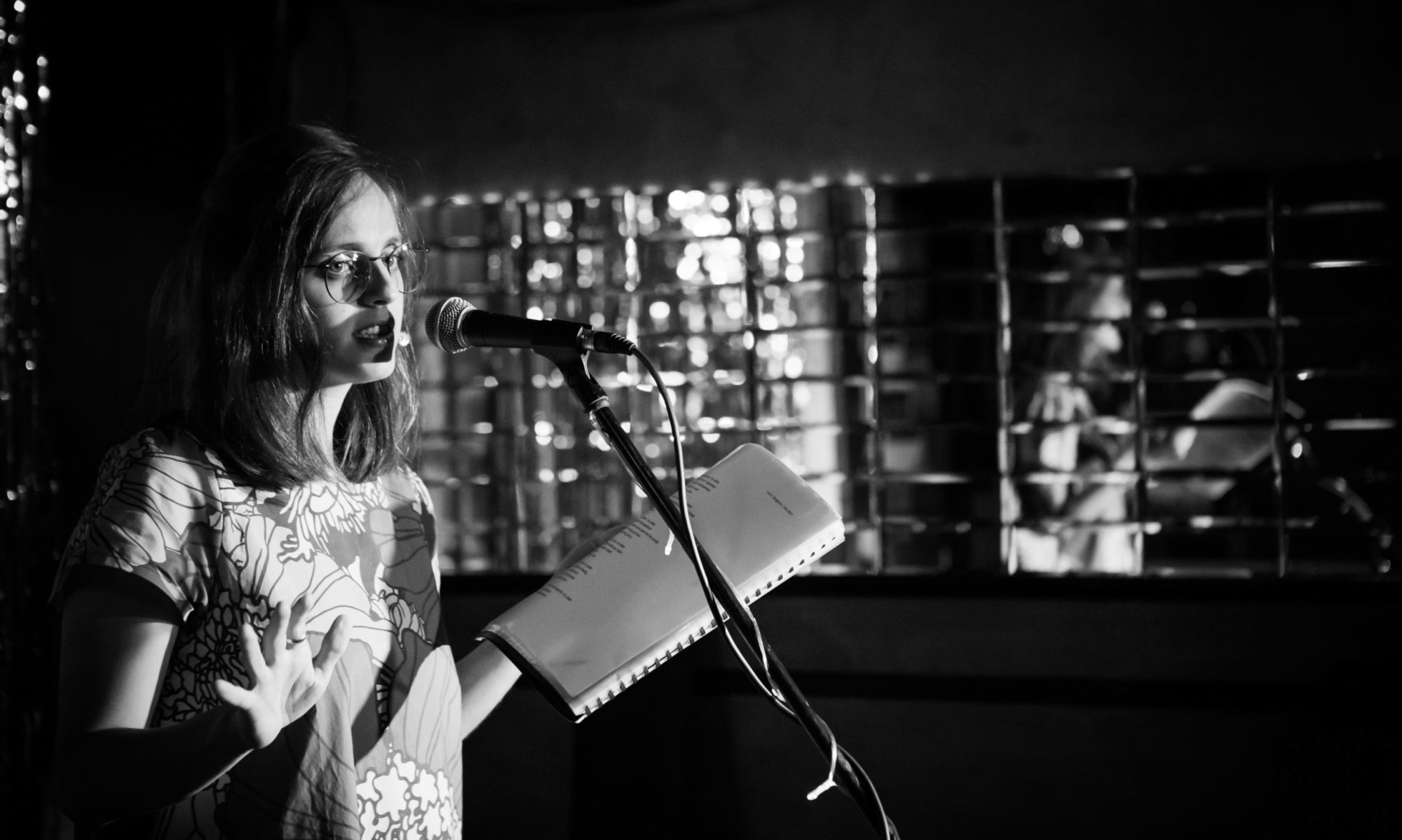It’s been a few months of contemplating how to write about this topic. I do not define myself by my body or my disability. I have however, been reading and coming to terms with parts about my disability and self-stigma, and I’ve decided to write publicly about it. It is not easy, but I believe it’s important.
As a kid I was just a kid, defined by the friends I had, games I played, books I read. As I grew up, my disability became more and more disruptive, to what everyone did and expected me to do, to what I wanted my body to do. I’ve been excluded many times, from sports at school, youth movement activities, outdoor adventures like the beach. I’ve been bullied because of my disability many times growing up. It’s been many years of defining and redefining. I’m now again not defined by my disability. I don’t often talk about it, and as ashamed as I am to say it, I have been trying to hide it. The mere fact that today my disability is mostly invisible, makes it possible to pass as an able-bodied person. Reading about disability recently has got me thinking about my long-lasting self-stigma and shame, and I am working on correcting it. This post is the first step.
So here it goes. I was born with a congenital condition called fibular hemimelia, in my right leg. This means I was born without one of the shin bones in the leg (fibula), and consequently with a small and deformed foot and knee. I have gone through 18 operations in my first 17 years of life to correct the angle and length of the affected leg. Operations are behind me, for now, and I am walking unaided with specially-made shoes or insoles.
These days my disability impacts my life only minimally, with some pains and aches and the usual, long-term limitations I’m accustomed to (like no running, no rock-climbing or jumping off planes, to my great disappointment). I work, study, laugh and love like anyone does. I usually wear long pants or skirts to hide my very scarred and small leg. These days I’ve started wearing more shorts because of the weather. And also, because I am no longer ashamed. I am no less valued, beautiful, smart or hard-working than any able-bodied person. In fact, my disability made me who I am today, I have no doubt in mind.
So, here are a few things I think you should know about disabilities, and ways in which you can help make our society a more inclusive place.
- People with disabilities are everywhere. They are your friend, colleague, neighbor. They are at the gym, pool, beach, movies, night clubs. They are that person who never wears a particular item of clothing to avoid exposing a part of their body. Of course, they are also using crutches, wheelchairs, vision aids, etc.
- People with disabilities are just like you– they want to be respected, given personal space, not to be asked or commented about their body or being touched without an explicit request. They strive for the same things that you do, like shelter, food, clothing, love, purpose in life. They want to have a conversation, make a connection, just like you.
- People’s aids are a part of themselves- often. I saw a kid the other day at the library who was playing on another child’s wheelchair. He was using it to race around, banging the chair on shelves and laughing. Meanwhile, the owner of the chair was struggling to get to it with his crutches. My heart ached for that child whose mobility was temporarily controlled by another child’s game. The adults around him didn’t say a thing. I have experienced similar things growing up.
It is not okay to use someone’s mobility aids as a game, it’s not actually funny. It is extremely disrespectful to use someone’s only means to be mobile or included in our society. “Asking” doesn’t make it right either, as an excluded person with disability, especially a child, often does not have the power to say no.
- Disabilities can be invisible. A few weeks ago, a father of two in Israel was murdered after trying to park in a disabled parking spot. Both his wife and child have a disability.
Hold on and think before you judge, many people live with debilitating and painful invisible disabilities. The way people look can be deceiving.
- People with disabilities want to feel included in our society. This can be hard when our language is often excluding, and we often assume people are able-bodied. For example, when health professionals jump to offer people “Go for a walk or a run” they are making an assumption the person is able-bodied. A person with a disability may often feel excluded by this and even hopeless, as they are unable to enact an apparently important suggestion.
Use inclusive language instead– instead of a walk you can say “physical activity that suits your needs” or just be more curious around what is it that people want or can do. Instead of assuming all people are able-bodied and play able-bodied sports, be curious. Ask what people’s hobbies or favorite physical activities are.
I hope this helps you think about people’s disability status differently, or even just think about it. My hope is that our future-society will be more inclusive to all, and in which this kind of blog post would be obvious and unnecessary. If we all made more of an effort, self-acceptance would soon replace shame for many people.
Every child with a disability and every parent to a child with a disability should be proud. Not ashamed. I am no longer ashamed. This post is proof.
What’s your proof?
Until next time,
L. K. Bridgford


